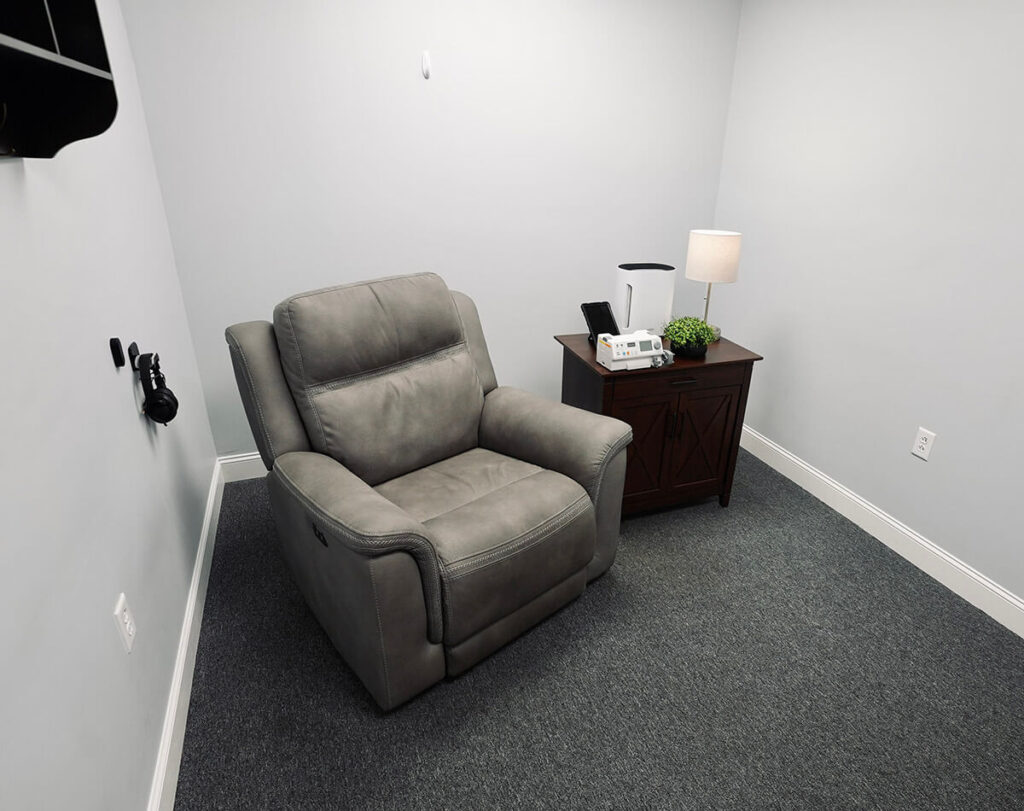
Obsessive Compulsive Disorder (OCD) is one of the top 20 causes of illness-related disability, and in the United States, about 1 in 40 adults and 1 in 100 children have been diagnosed with OCD. The first step to finding treatment for your OCD is to understand and learn more about your own mental health condition.
Some factors that may increase the risk of triggering OCD may include:
The exact cause of OCD still is not fully understood by science. Some theories include:
To learn if Ketamine Infusion Treatment is the right treatment option for you, contact us by calling for a free consultation or requesting one online today.